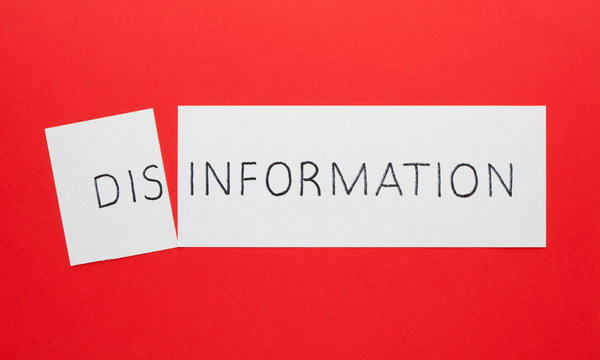
Challenges of Diplomacy in the Age of Disinformation and Fake News


In today's world, the spread of disinformation and fake news is a major challenge for diplomacy. Diplomats are facing increasing difficulties in communicating effectively and persuasively in a global environment where the truth is often distorted or manipulated.
Disinformation, defined as the deliberate spread of false or misleading information, is often used as a tool by states to shape public opinion or undermine the credibility of their adversaries. The use of social media and online platforms has made it easier for disinformation to be disseminated widely and quickly, reaching millions of people before it can be debunked.
The challenge for diplomats is not only to counter disinformation but also to ensure that their own communications are accurate and trustworthy. The public's faith in traditional sources of information, such as governments and the media, has been eroded in recent years, making it even more important for diplomats to communicate effectively and transparently.
One approach that diplomats can take is to use data and evidence to support their arguments. By using credible sources and presenting facts and figures, they can demonstrate the validity of their positions and increase public trust. This can be particularly effective when engaging with audiences that are skeptical or hostile to their views.
Another important aspect of diplomacy in the age of disinformation is to build relationships with a range of stakeholders, including civil society groups, journalists, and social media influencers. By engaging with these groups and building partnerships, diplomats can increase the reach and impact of their messages and build a broader base of support for their positions.
Diplomats can also work to promote media literacy and critical thinking skills, particularly among young people. By educating the public about the risks of disinformation and providing tools to help them distinguish between credible and unreliable sources of information, diplomats can help to build a more informed and engaged citizenry.
In addition, international cooperation is essential to combating disinformation and fake news. Diplomats can work with their counterparts in other countries to share best practices and coordinate efforts to identify and counter disinformation campaigns. This can include collaboration on the development of norms and guidelines for responsible behavior in the online space.

